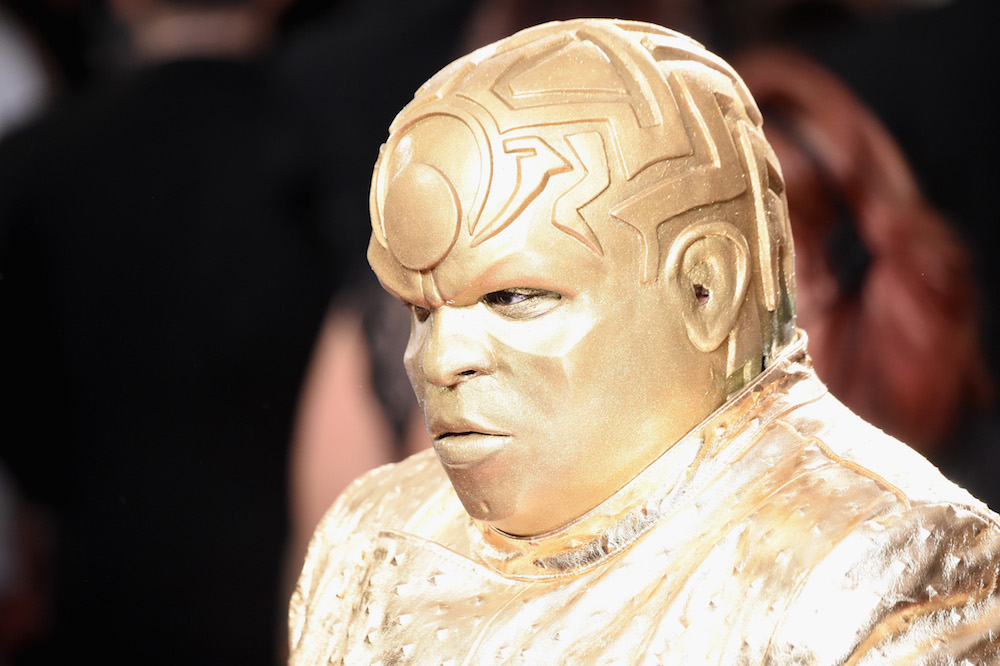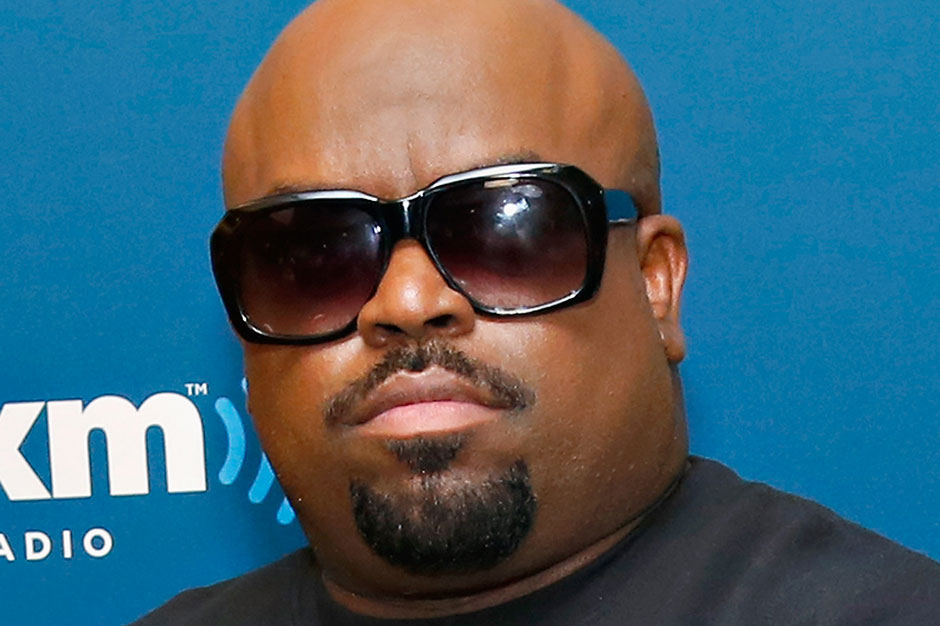In 2014, world famous singer and former Voice host Cee Lo Green was, all of a sudden, very concerned with pinning down the textbook definition of rape. “People who have really been raped REMEMBER!!!” he wrote on Twitter. “If someone is passed out they’re not even WITH you consciously! so WITH Implies consent,” he said in reply to another user who took umbrage. “When someone brakes on a home there is broken glass where is your plausible proof that anyone was raped.” When his comments began to attract some blowback, he apologized, and temporarily deleted his account.
This sudden interest in navigating consent did not develop in a vacuum. In 2013, Cee Lo was accused of raping a woman who said they’d gotten dinner, and that she woke up the next morning naked in his bed with no memory of the night before. She claimed he’d slipped something into her drink, and after a protracted lawsuit, Cee Lo eventually pleaded no contest to supplying ecstasy. For that, he was sentenced to three years of probation, and given community service.
But prosecutors decided their sex was consensual, and rape charges were never filed due to lack of evidence. Green eventually reactivated his Twitter, and went on an apology tour for his comments. “I do realize in retrospect that it was highly sensitive, what I tweeted – highly irresponsible,” he said. “It did stem from emotion causing some involuntary action, and I do believe that, maybe just possibly, we could all give each other a margin for human error.”
Apologies aside, Cee Lo’s career was never the same after the incident: He left The Voice in 2014, and his 2015 LP Heart Blanche was received tepidly all around. Most reviews referenced the rape allegations, and noted the difficulty of processing an album of love songs given the context. But second lives are doled out endlessly in pop culture, and earlier this week, the machine started to rumble in his support. On Sunday, people who watched the Grammys were treated to the very, very amusing sight of Cee Lo looking all the way fucked up on the red carpet. This was by design, clearly: He was lacquered in layers and layers of gold paint and affixed with facial protrusions, with the effect of making him look like a Dragonball Z villain. (He even posed like some kind of evil character.)
Because the internet works the way it does, he went viral. Memes abounded making fun of his appearance; it was covered incessantly on gossip and culture sites. And, because nobody dresses up like a botched makeup tutorial if they don’t want to cause a conversation, Cee Lo then released a new single: “Jay Z’s Girl,” a flip of Rick Springfield’s “Jesse’s Girl” about how the singer lusts after Beyoncé.
As a song, “Jay Z’s Girl” is plainly worthless: It replicates “Jesse’s Girl” right down to the solo, and Cee Lo’s trademark pinched voice doesn’t offer anything more than a line reading of Springfield’s lyric. But the song didn’t need to be good; it needed to be weird, following in line with the Grammys outfit, the art for another single called “Fuck Me I’m Famous,” a viral video where a cell phone exploded near his head and made everyone think he was actually dead, and his reinvention as “Gnarly Davidson.” Judging by the YouTube comments, he succeeded in seeming like a strange person, though commenters were split on whether he was just a loser.
“Weird” is not the best persona for a celebrity to adopt. But “weird” is an identity, one that can be parlayed into some visibility or buzz. At the very least, it’s better than “rapist.” And it became easy to connect the dots: By refusing to remain in the waning glow of his celebrity, and by making a shameless appeal to virality, Cee Lo was hoping to fall back on his history of being a kooky guy and reinvent himself once more.
There’s something seedy about seeing an accused rapist rehabilitate his reputation through this process, and the press willfully playing along. The Grammys outfit and exploding cellphone were clickbait gold, and the “art” promoted by them was shallow at best. Worse yet is the suggestion that perhaps enough time has passed for Cee Lo to be wacky again—that he and the handlers in his corner felt ready to test the waters with a series of readymade stunts. But the only thing clear through all this performative glut is that he’s starving for attention, and deserves none of it.





